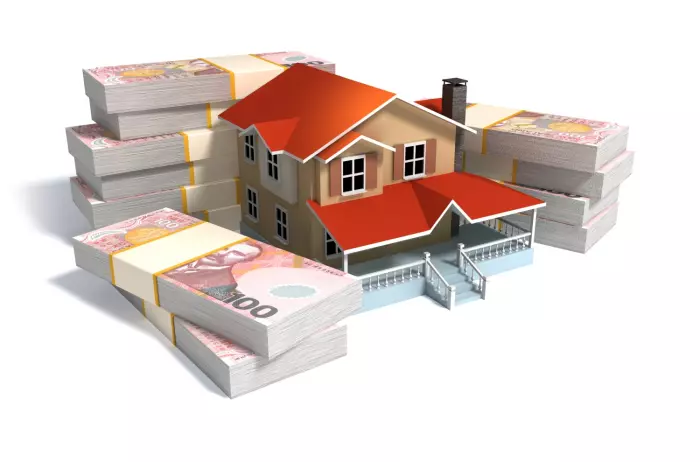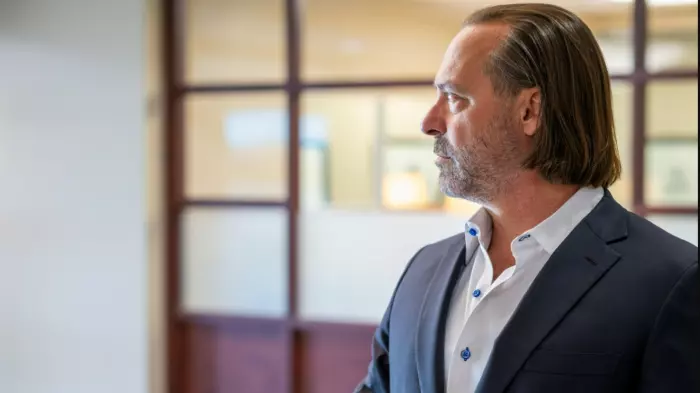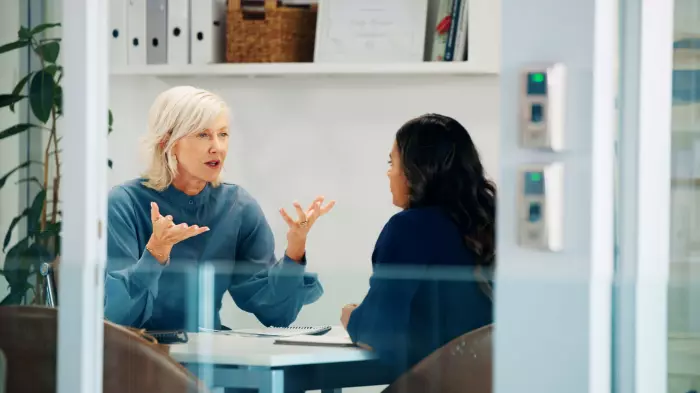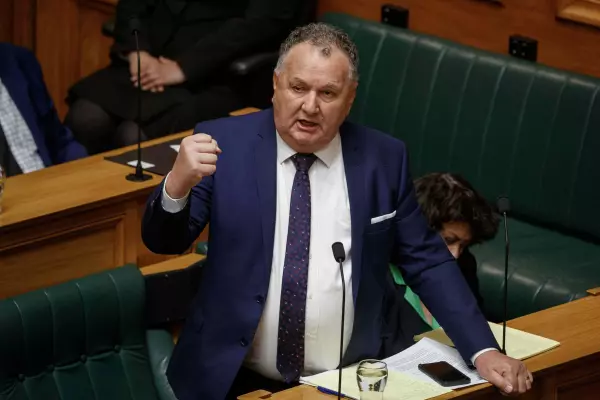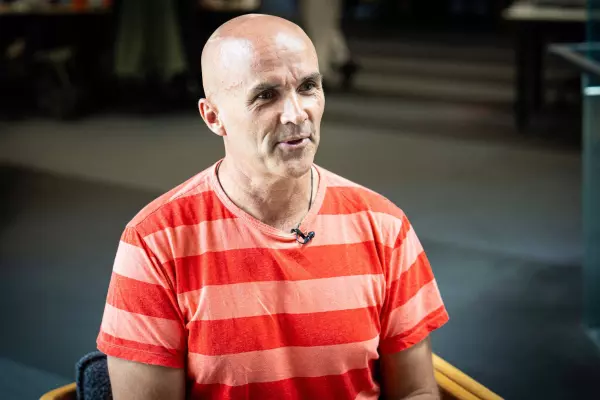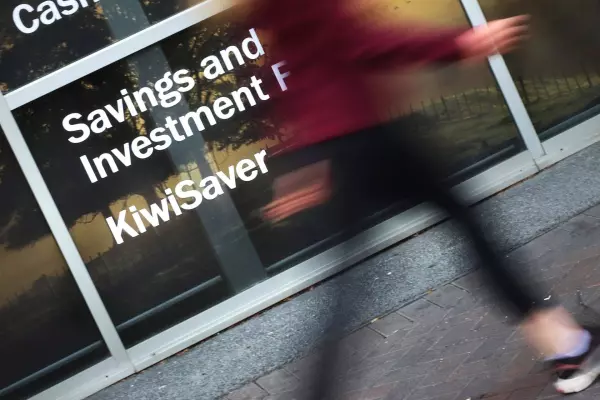BusinessDesk investments editor Frances Cook responds to emails from readers each week to answer questions about money. Below, you will find her expert advice. Send your own questions to [email protected].
Hi Frances,
Thank you for creating informative podcasts. I recently listened to the podcast for first home buyers and it was great! I also love the money tips you share regularly on Instagram. They're all very valuable.
A little background about me. I'm 39, single, looking to buy my first home and I have been looking around for a while but haven't found the house that I like which is within my budget.
My mortgage broker has pre-approved home loan for $515k with $200k deposit. There's not many houses for sale in Auckland for $715k.
I thought I would get a bit more lending with my decent deposit amount. I find it frustrating and unfair that a couple (I know of) who has less than 20% deposit and yet they can afford a house for $820k. I understand that there are two people sharing the mortgage payments and costs but this highlights the downside of a single person buying property even with the same or more deposit $. I may have to compromise on the area and the kind of house which I'm not too happy about.
I have been feeling very anxious lately and it feels like I'm not getting ahead in life and not prepared enough for my retirement.
A couple of questions:
1. I have $324k in total savings to date including $24k KiwiSaver. I want to keep aside at least $100k for a rainy day. I feel a sense of security when I see my savings account.
I probably won't be able to save much after I buy a house, so if something unexpected comes up, I know I have some spare cash to rely on. Do you think I should put more towards deposit and reduce my savings?
Note - I initially didn't include $24k KiwiSaver towards deposit which I will do now. My new deposit will be $224k.
2. My current KiwiSaver is on conservative plan. Should I change it to growth fund, so I can increase my KiwiSaver $ faster. I'm aware that growth funds come with high volatility.
I have been contributing towards KiwiSaver since 2017 and it seems like it hasn't done that well so far.
3. Should I consult a financial adviser to get some guidance on how to maximize returns on my savings while waiting to buy a house.
I did think about investing in shares but I'm a very risk averse person, so not sure where to start because my understanding is that there's often fluctuations in share prices and one can lose money. Do you have any recommendations on the type of companies I can buy shares in which are less risky?
Looking forward to hearing from you.
Thank you.
S
Hi S
First of all, congratulations on building up such a good savings cushion. You’ve got some good options because of that, so let’s run through them.
The pre-approval
It does seem like your bank has given you quite a low pre-approval amount. I can’t help wondering if there are other factors in the mix.
Do you have any other debts, or even an unused credit card? Banks take these into account, and it can limit how much they’ll lend to you.
It varies from bank to bank, but a rule of thumb is to take the amount of debt you have, multiply it by six, and wipe that amount off how much the bank will lend to you.
Even an unused credit card limit will do this to you. From the bank's point of view, you could use that full credit limit at any time, so they treat it as if you're already in debt for that much.
Have a chat with your mortgage adviser, but it could be useful to either close any credit card accounts or reduce the limit.
Another factor is, do you have high living costs? The bank may be worried about whether you can afford repayments.
Currently, interest rates are about 7%, but a general rule of thumb is that banks will run an affordability test at 2% higher than advertised rates, to make sure that you can afford it if things change. So currently, test rates are about 9%.
You mention how singletons are penalised, and you're right, being single can make it more difficult to get ahead.
Have you considered a flatmate, though?
It depends on how much you’re planning to charge them for a room, but it can sometimes increase how much the bank will lend you by $100,000, as they consider it income. Which, of course, it is.
The $100k question
You mention that you want to keep $100,000 in savings, as it makes you feel secure. A big positive here is that you've thought about why you want this, and you understand your own money mindset.
However, I do wonder about having such a high amount of cash savings. Understanding how it makes you feel is important, and something we want to keep in the mix. But it shouldn't be the only factor.
How did you land on $100,000 as the right figure? What is it giving you security from? Would you run through that much money, if you were unemployed for a year?
Here's how I calculate how much I want to have in savings. My savings are my safety net, to protect me if I suddenly need a new job, and want to be able to pay the bills while I look for one.
Yes, it can take a while to find a new job, but it's usually a few weeks or months, depending on what type of roles you're looking for.
While you're looking, you can put your finances into lockdown, with only the essentials being paid.
So let's get some figures on the table, to inform your decision here. Go through your core costs, and be realistic about what you’d need to keep paying for if you lost your job.
Having between 3-6 months of those costs ready to go is smart. More than that, you might be missing out on opportunities, like the opportunity to buy a house that you actually enjoy living in.
Mortgage structure
Another option is to be smart with your savings, so that you can make them part of your house-buying journey, without losing access to them.
Talk to your mortgage adviser about a couple of options here. Could you have those savings parked against your mortgage, as part of a revolving mortgage?
A revolving mortgage is a bit like a bank overdraft, but it's secured against your house.
You would pay floating interest rates on any money owed, but the bonus is that you can put as much extra money onto it as you want without penalty, while keeping the option of withdrawing it if you need to.
So, for instance, you could say you want $50,000 of those savings to be part of a revolving mortgage. You keep the balance at zero, so that you're not actually paying any interest on it. But if the unexpected happens, you're able to withdraw that money and use it to pay bills.
Yes, if you withdrew it, you would then have to pay mortgage interest on whatever you withdrew.
But by not using those savings against your house, you’re technically paying mortgage interest on it anyway, because you have to borrow that money instead.
Worth talking to your mortgage adviser about
Conservative or growth?
When it comes to your KiwiSaver, I understand the impulse to try to supercharge it to help reach your goals.
But my strong warning would be that it’s not usually a good idea to be in a growth KiwiSaver if you’re planning to use it in the next couple of years.
Seeing as you’re looking to buy a house, that’s you.
A growth KiwiSaver will have more money in shares and property, which is great over the long term, but can mean it goes down in the short term.
You don’t want it to go down just as you want to withdraw money for your home deposit.
Markets have always recovered in the past, but it can take a couple of years, so you need time for it to do that.
This is one shortcut that could backfire, unfortunately.
If you're planning to put off your house buying journey for 5-10 years, then this is an option that would work better. You really do need time for it to do its thing.
Time for an adviser?
In your third point, you ask about a financial adviser, which might be a good idea simply because of how much money you’ve managed to build up, and the fact that you’re feeling a bit nervous about it.
Keep doing things like reading books and listening to podcasts – that’s fantastic that you’re already doing that.
Once you understand more about how the sharemarket works, you’ll feel more confident about investing in it. Here’s my guide to find a financial adviser.
Anxiety
You mention that you're feeling anxious, and that you're not well enough prepared for retirement.
Firstly, those feelings are understandable, and I'm sorry you're feeling that way. But just because I say those feelings are understandable, doesn't necessarily mean that they're accurate.
I know that time is important in finances, and the more time you have, the easier it is to get ahead. But the problem with this message is that sometimes people panic if they haven't been preparing since they were 16.
You're 39. I know that people like you and I are starting to invest in heavy duty eye creams, but in financial terms, you're absolutely a spring chicken. You're doing great.
You've also built up an amazing savings cushion already. You've built up $324,000! This shouldn't give you anxiety, this should make you so proud. This is more than many people have by their 60s.
You still have decades to get into a home, and pay it off. To invest, if that's what you decide to do.
I get an underlying sense of anxiety from many parts of your letter, so I want to take this moment to really reassure you.
You've built up a nest egg that you should be proud of. You have decades to make your situation even better. I am genuinely confident that you are not only better prepared for retirement than many people are, you're also heading towards a good, secure, financial future.
You want to take the time to also enjoy the journey, and to feel the security that this cushion gives you.
Nothing in life is ever 100% certain, unfortunately. There are always things that could derail us.
It's a balance between acknowledging that uncertainty and letting it have too much power over our lives.
Don't become the person who scrapes, and saves, but will never feel happy no matter how much they have.
Enjoy the journey too. You're on a good path, so enjoy the view,
Send questions to [email protected] if you want to be featured in the column. Emails should be about 200 words, and we won't publish your name. Unfortunately, Frances is not able to respond to every email received or offer individual financial advice.
Information in this column is general in nature and should not be taken as individual financial advice. Frances Cook and BusinessDesk are not responsible for any loss a reader may suffer.


